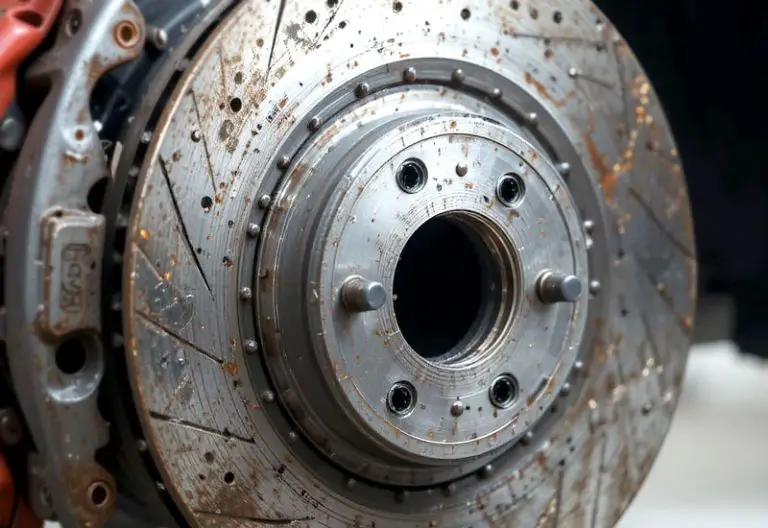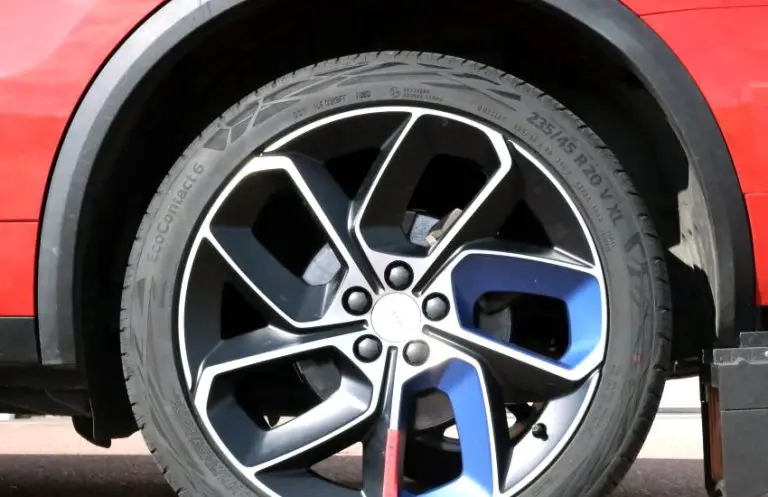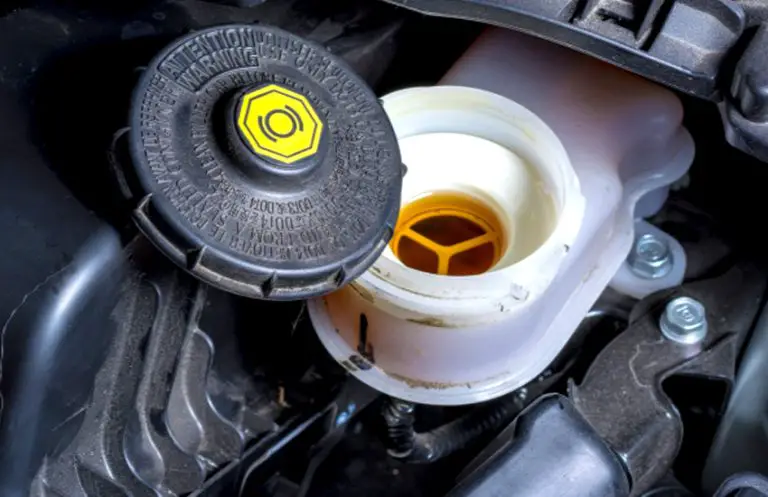Yes, brake proportional valves can deteriorate over time due to wear and tear and exposure to harsh conditions. These valves are subjected to considerable pressure and usage, which can lead to deterioration and potential failure.
Therefore, regular inspection and maintenance of brake proportional valves are essential to ensure optimal performance and safety for your vehicle. When it comes to the safety and performance of your vehicle, brake proportional valves play a crucial role. Responsible for distributing the appropriate amount of brake fluid to each wheel, these valves ensure balanced braking and prevent skidding.
However, continuous use and exposure to various environmental factors can lead to the wear and tear of these components, potentially compromising their effectiveness. We will delve deeper into the function of brake proportional valves, the factors contributing to their deterioration, and the importance of regular maintenance to prolong their lifespan and ensure safe driving experiences.

Credit: www.tampa-xway.com
What Is A Brake Proportional Valve?
What is a Brake Proportional Valve?
A brake proportional valve is a vital component in the braking system of a vehicle.
It functions to control and adjust the pressure of the brake fluid that is distributed to the front and rear brakes.
This ensures that the braking force is distributed proportionally between the front and rear wheels, enhancing stability and control during braking.
Function Of A Brake Proportional Valve
A brake proportional valve works by adjusting the hydraulic pressure distribution to the front and rear brakes.
It ensures that the braking force is distributed evenly to prevent skidding and loss of control.
This helps in improving the vehicle’s overall braking performance and safety.
Types Of Brake Proportional Valves
There are two main types of brake proportional valves: mechanical and electronic.
The mechanical valve operates based on hydraulic pressure, while the electronic valve uses sensors to adjust the brake force distribution.
Factors Affecting Brake Proportional Valve Deterioration
Brake proportional valves can deteriorate over time due to wear and tear from prolonged use.
Lack of regular maintenance can accelerate the deterioration of brake proportional valves.
Exposure to harsh environmental conditions can contribute to the deterioration of brake proportional valves.
Signs Of Brake Proportional Valve Deterioration
Uneven Braking
One of the key signs of brake proportional valve deterioration is experiencing uneven braking. When this valve starts to deteriorate, it can disrupt the balance of brake pressure distribution between the front and rear brakes. As a result, you may notice that your vehicle pulls to one side when you apply the brakes. This can be particularly noticeable during sudden stops or when braking at higher speeds.
Loss Of Brake Efficiency
Another indication of brake proportional valve deterioration is a noticeable loss of brake efficiency. The proportional valve plays a crucial role in regulating the hydraulic pressure within the brake system, ensuring that the correct amount of force is applied to each brake. If the valve deteriorates, it can disrupt this balance and result in a decrease in overall brake performance. When you press the brake pedal, you may feel that it requires more effort than usual to slow down or stop your vehicle effectively.
Fluid Leaks
Additionally, fluid leaks can be a sign of brake proportional valve deterioration. Over time, the seals and components of the valve may wear out, leading to leaks within the brake system. These leaks can cause a decrease in hydraulic pressure, affecting the overall braking performance of your vehicle. You may notice fluid pooling underneath your car, especially near the brake lines or wheels. It’s essential to address these leaks promptly, as they can not only impact brake effectiveness but also pose a safety risk.
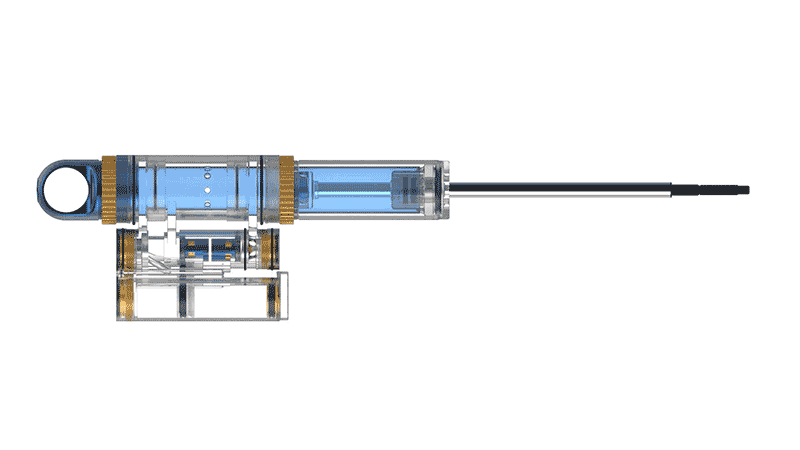
Credit: www.caranddriver.com
Preventive Measures To Avoid Brake Proportional Valve Deterioration
Preventive Measures to Avoid Brake Proportional Valve Deterioration
Regular Inspections And Maintenance
Regular inspections and maintenance are crucial to prevent brake proportional valve deterioration. Periodic checks for leaks, wear and tear, and proper functioning can identify issues early and prevent further damage.
Proper Fluid Replacement
Proper fluid replacement is essential for maintaining the longevity of brake proportional valves. Regularly flushing and replacing brake fluid, while adhering to the manufacturer’s recommendations, helps prevent corrosion and degradation of the valve components.
Protection From Environmental Factors
Protecting brake proportional valves from environmental factors such as moisture, debris, and extreme temperatures is crucial. Installing protective covers and ensuring proper ventilation can safeguard the valves from premature deterioration.
Can Brake Proportional Valves Be Repaired Or Replaced?
Can Brake Proportional Valves be Repaired or Replaced?
When Repair Is Possible
Minor issues such as leaks can often be repaired by replacing faulty seals or o-rings. Brake professionals should thoroughly inspect the valve to determine if the damage can be rectified. If the deterioration is limited to specific components, repair can be a cost-effective option.
When Replacement Is Necessary
Replacement becomes necessary when the valve has experienced extensive corrosion or damage, rendering it beyond repair. Replacing the valve with a new unit is crucial to maintaining the brake system’s performance and ensuring safety.
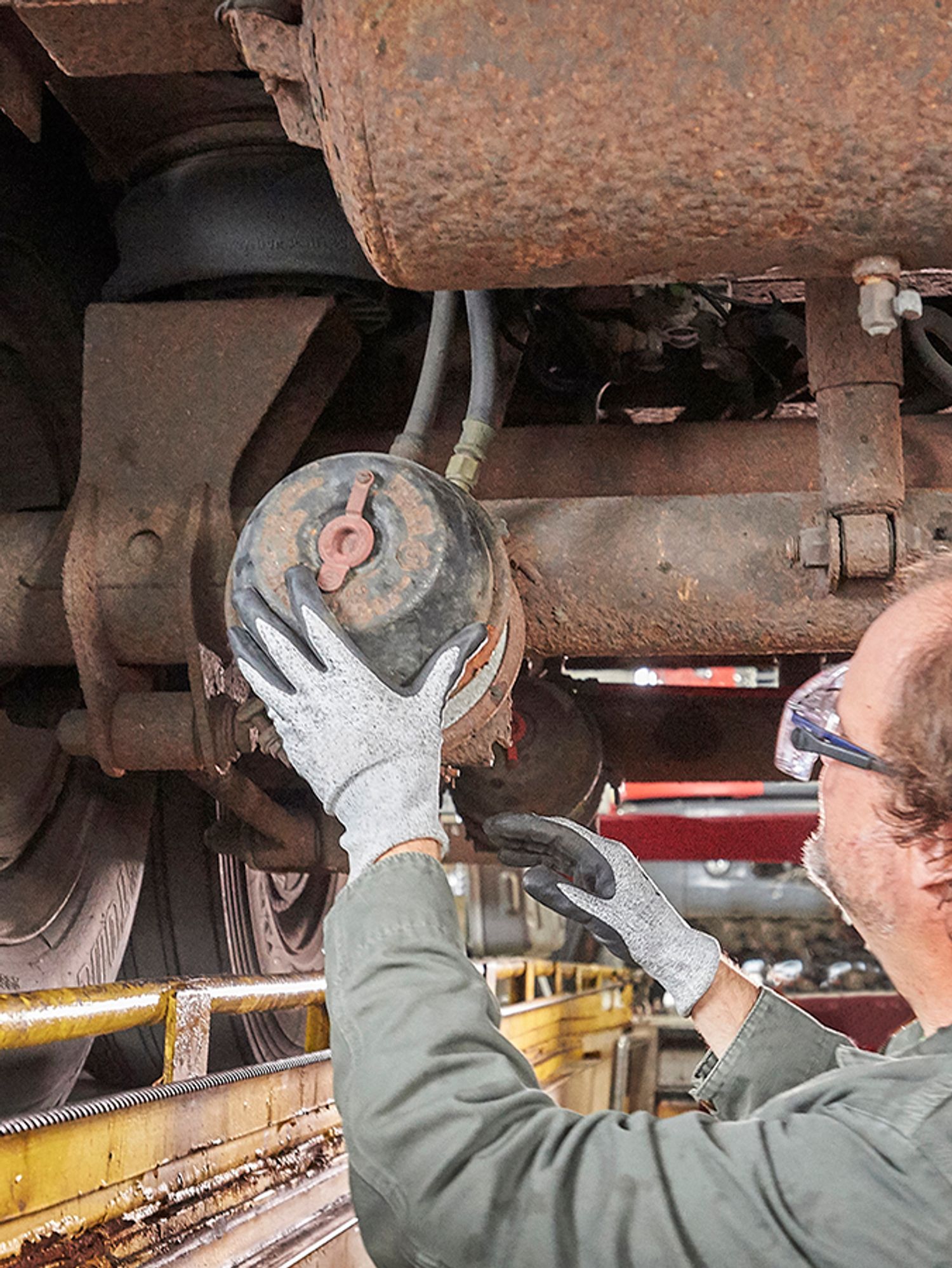
Credit: jjkellercompliancenetwork.com
Conclusion
Overall, it is crucial to understand that brake proportional valves may indeed deteriorate over time. Regular maintenance and inspections are vital to ensure their proper functioning. By identifying and addressing any issues promptly, you can safeguard your vehicle’s braking system, enhancing both safety and performance.
Don’t overlook the importance of brake proportional valves when it comes to preserving the integrity of your vehicle’s braking system. Stay vigilant and prioritize your maintenance routine to keep your brakes in optimal condition.
